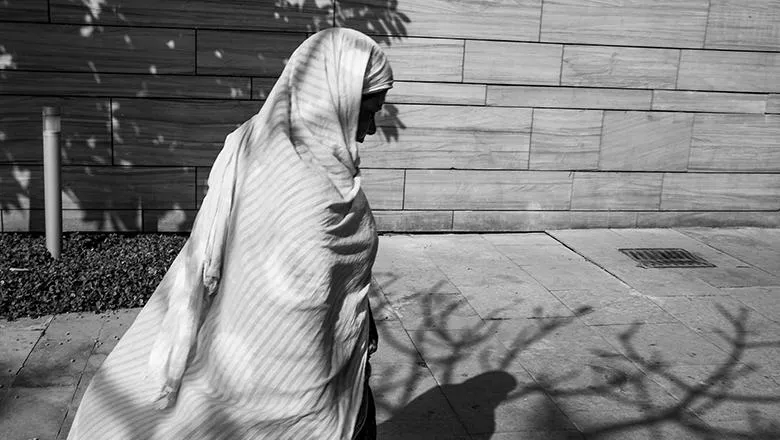Twenty-Four Stills photography exhibition
Twenty-Four Stills is a photographic exhibition documenting patients, family members and hospital staff in a cancer center in...
11 February 2019
India is reported to have over one million new cancer patients each year. On-going research seeks to improve cancer care for patients.

Cancer does not discriminate. India is reported to have over one million new cancer patients each year. This number is expected to almost double by 2035, with cancer set to become one of the country’s biggest public health challenges.
The chronic nature of the disease, the severe side effects of the drugs, the long waiting times in hospitals and the expensive costs of therapies make cancer a difficult challenge for all those affected by it.
In 2012, India’s flagship cancer hospital, Tata Memorial in Mumbai responded to the rapidly growing number of patients and launched a network of cancer centres. The National Cancer Grid of India was established to decentralise, standardise and digitalise oncology, and to develop new forms of treatment relevant for low- and middle-income countries.
Dr Carlo Caduff from the Department of Global Health and Social Medicine, King’s College London has recently received a Wellcome Trust Investigator Award to continue his research in India, which seeks to work in conjunction with local oncologists to improve cancer care for patients.
“I will be leading a team of researchers to analyse the emergence of the grid as a powerful new actor that seeks to redraw the map of cancer care,” said Dr Caduff.
“We’ll use social science research methods to show how a new agenda for global oncology is taking shape today in India.”
Previously, Dr Caduff researched the history of cancer in order to address the challenges of the non-communicable disease in the Global South. His work, also funded by the Wellcome Trust, examined the accessibility and affordability of oncology care in public cancer centres, particularly in India.
By chance, he came upon a local India street photographer, Soumyendra Saha and introduced him to a cancer centre in Kolkata. The result was 80 black and white photographs, capturing the life of the wards – from the pain to the mundane.
Despite their struggle to survive, the people in the photographs are shown to be waiting, thinking, reading and watching – showing the everydayness behind the deadly disease.
“Cancer often comes with voyeuristic images of shock and horror. In this project, we wanted to show another image. If there’s an intensity in the pictures, it comes from the people and their faces; from the ways in which they face the disease,” said Dr Caduff.
24 stills from the collection are currently being exhibited at The Exchange, King’s College London.
“The photographs invite you to inhabit the reality of the people in the cancer centre,” said Professor Bronwyn Parry, Head of the School of Global Affairs, King’s College London, who opened the exhibition last week.
“It provides you with an opportunity to connect, viscerally, with their and your feelings about their experience of health and disease, and to reflect on how that is shaped by social and economic circumstance – in often profound ways."
Twenty-Four Stills photography exhibition, The Exchange, Bush House North East Wing | until 18 February
Twenty-Four Stills is a photographic exhibition documenting patients, family members and hospital staff in a cancer center in...